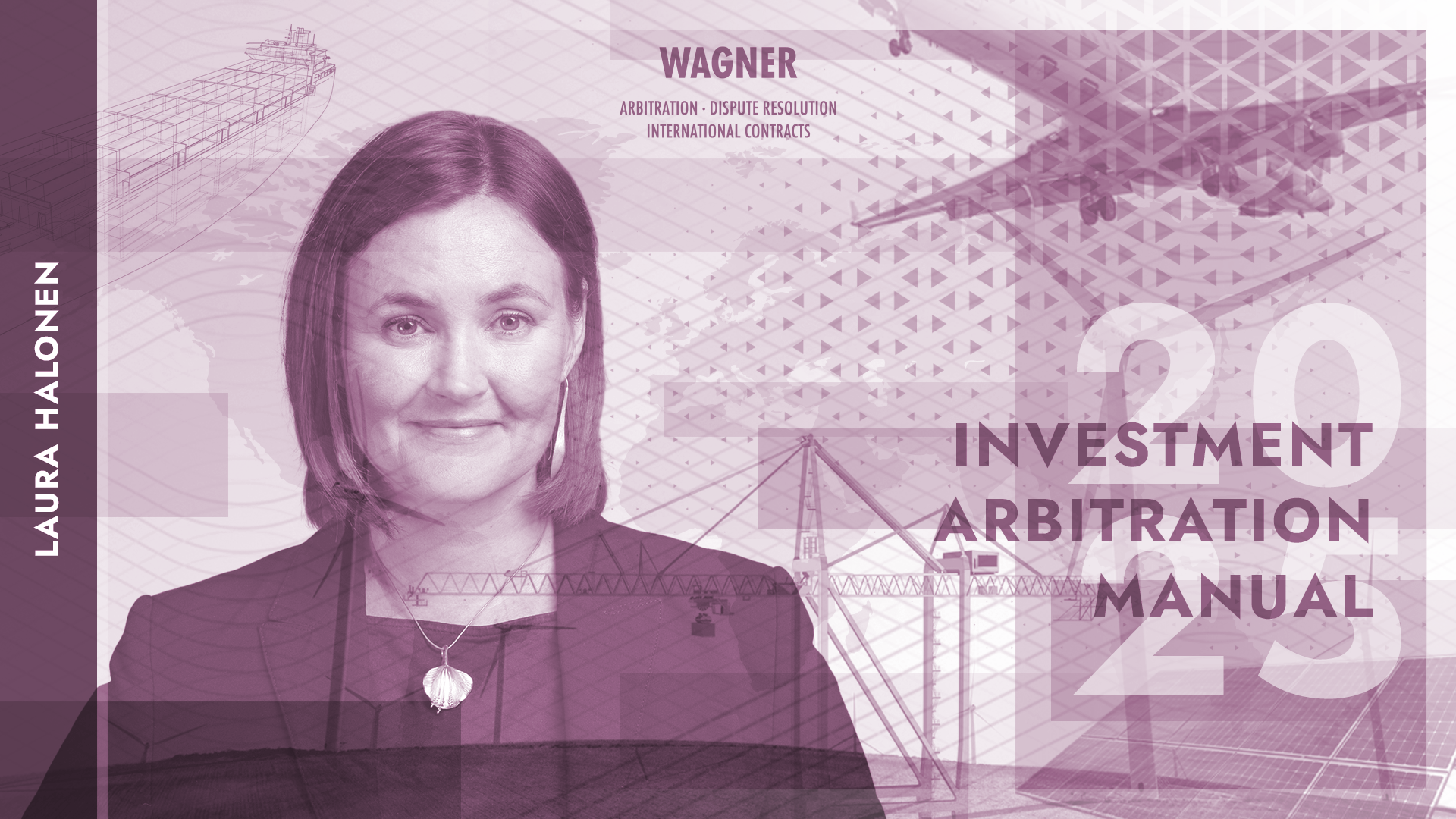The management of your subsidiary in country X is sending you alarming signals about problems with public authorities.
- Maybe the licensing conditions are being changed in a retrospective, opaque manner.
- Maybe a new government is proposing a change in the law that is undermining the very business case of your investment.
- Maybe your competitor, owned by an influential local businessman, is getting favourable treatment in public tendering.
- Maybe rising nationalism is resulting in a whole array of measures that seem to be aimed at inducing foreign companies in your sector to pack up and leave.
What is a notice of dispute?
You know that there is a bilateral investment treaty (BIT) between your home country and country X. It will likely include a clause that permits a foreign investor like you to bring an arbitration directly against country X, but that clause will also probably state something along the following lines:
“If the dispute cannot be settled within six months of the date on which it was raised by one of the parties to the dispute, it shall, at the request of the investor of the other Contracting State, be submitted to arbitration.”
(Germany Model BIT (2008), Article 10(2))
In your opinion country X may have infringed your rights under the BIT. What should you do?
Many businesses will aim to sort their problems with local authorities through direct negotiations. This makes sense – it is the cheapest and most efficient option. Yet many businesses also consider that notifying a possible BIT breach could sour those negotiations. This results in them avoiding issuing a notice of dispute until they are certain that a negotiated resolution is off the table, and they will have no other option than to either suffer the losses or start an arbitration.
There are reasons why it might make sense to send a formal notice of dispute (aka “notice of intent”, aka “trigger letter”) earlier.
First, the whole point of the notice of dispute is to start settlement talks
This is usually stated in the BIT clause, but it is also a real, genuine aim of the requirement to file a notice of dispute, followed by a negotiation (or “cooling-off”) period. Government officials are professionals, they will understand this.
Secondly, you get the appropriate people to the negotiating table
Often the counterparty in negotiations is not the central government, but the agency with which the local company will have the most immediate relationship. This will also likely be the agency that will have taken the measure that you wish to challenge. They are unlikely to have lawyers on staff who will understand obligations that arise under BITs.
At times the dispute will arise from the interplay of several measures taken by different state institutions. It requires someone who can take a bird’s eye view to effectively understand the investor’s situation and try to find a solution to the whole of it.
Often the reality is also that the involvement of high-level political decisionmakers is needed to achieve a real resolution to an investment dispute. Civil servants at government agencies are not trained or remunerated for settling disputes with foreign investors.
A notice of dispute will land on the desks of the responsible minister(s) as well as the government lawyers that are specialists in international investment law. In a reasonably well-run government, this will ensure that your concerns are reviewed and evaluated properly, and the negotiations proceed on the basis of the correct legal framework.
Thirdly, you minimise time waste
Unfortunately, public institutions at times do not share the investor’s aim of finding a genuine solution to a dispute, but rather are expected to prolong, confuse and frustrate the negotiations. It may take the investor years of toing-and-froing, officials bouncing the proverbial ball from one to the next and blowing hot and cold, before the investor realises that there was never going to be an amicable resolution. At other times government agencies simply are very slow and bureaucratic and even if there may be a genuine willingness to negotiate, the pace at which those negotiations proceed can be glacial.
Having issued a notice of dispute gives back some of the control to the investor and sets the timeframe for the negotiations. Once it becomes clear that the negotiations are not going to be fruitful, the investor may usually start the arbitration (if this is what it wishes to do) immediately, rather than waiting for another pointless six (or sometimes three) months, when it knows that there will be no settlement during that time.* It also gives an incentive to the public officials to genuinely pursue the negotiations, as they know that procrastination will only result in the opportunity for amicable resolution to have been wasted, and an arbitration to be brought.
How to reduce potential adverse impact?
The risks associated with filing a notice of dispute are generally low and can be effectively managed.
First, the costs involved in issuing such a notice are minimal, especially when weighed against the potential benefits outlined above.
Second, submitting a notice of dispute does not, in itself, trigger additional costs or create binding obligations. You retain full discretion to proceed with arbitration at a later stage, or to refrain from doing so altogether.
Finally, the possible negative consequences of a notice of dispute on ongoing negotiations can be minimised by employing the right tone: focusing on the expectation of and desire for settlement. You may wish to also consider telling your immediate negotiating partners of your intention to issue a notice of dispute before doing so, explaining the reasons.
There are no specific requirements for a notice of dispute (unless the BIT says otherwise). Whenever a potential treaty dispute is notified, make sure to do so in clear terms, invoking the treaty provisions that you consider having been breached, setting out the basic facts and inviting the government to negotiations to settle the dispute. It may also be useful to spell out the notification period in your letter, to set the timeframe and focus everyone’s mind.
*Starting the arbitration immediately after the negotiations fail, in the absence of a formal notice of dispute, is not recommended. The case law is inconsistent on whether the notice period can be ignored in some circumstances or not.

